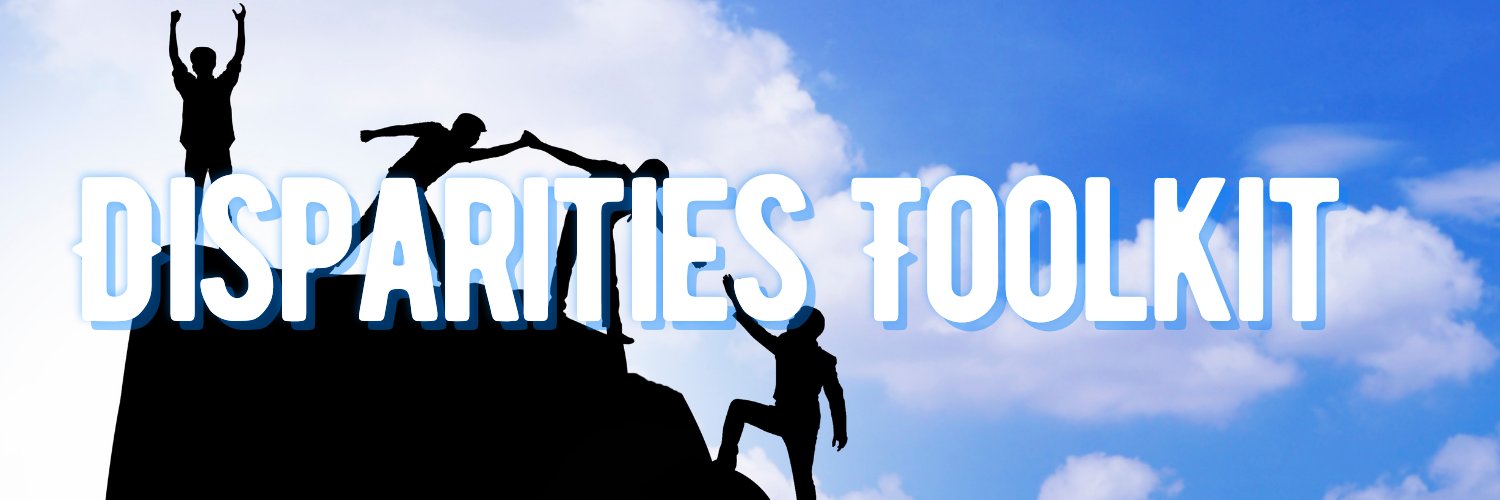Nearly 70% of tobacco users in the U.S. want to quit. Luckily, there are a number of resources available in Wisconsin to help them do just that. While many commercial tobacco users often try unsuccessfully to quit cold turkey with no assistance, research shows that a combination of counseling and FDA-approved medications is most effective in helping people quit. On this page, you'll find information on available cessation programs in Wisconsin, tobacco cessation coverage, and how to create a tobacco quit plan.
Not only does quitting commercial tobacco lead to immediate and long-term health benefits, it is also the quickest way to reduce tobacco-related disparities and health care costs. Statewide and county tobacco cessation programs are available throughout the state of Wisconsin. Listed below are various organizations and insurance plans that have tobacco resources for individuals interested in quitting tobacco.
University of Wisconsin Center for Tobacco Research and Intervention (UW-CTRI)
UW-CTRI outreach specialists provide free, onsite training and technical assistance to help health care providers and health systems integrate evidence-based tobacco dependence treatment, including the Wisconsin Tobacco Quit Line. These free services are supported by UW-CTRI and the Wisconsin Department of Health Services.
- American Indian Quit Line
Free, culturally tailored support to help indigenous people aged 18+ to quit commercial tobacco. Callers receive seven free phone calls with a trained coach who is experienced in working with American Indians and has respect for their culture. If medically eligible, participants can receive 12 weeks of free nicotine-replacement medications like nicotine gum, patches, and lozenges. For more information, please visit American Indian Quitline. - Live Vape Free
Wisconsin teens and young adults who want to quit using e-cigarettes/vapes can get free help from the Live Vape Free program by texting VAPEFREE to 873373. In addition, parents, guardians, or other adults who want to help a teen in their life quit e-cigarettes/vapes can also enroll in a free online course offered by Live Vape Free. - Wisconsin Tobacco Quit Line
The Wisconsin Tobacco Quit Line operates through Quit Line coaches who will help you prepare to quit smoking, set a Quit Day, and tailors the services to your needs. The cessation service also provides tips on how to quit as well as free medication to help smokers quit, such as nicotine gum, nicotine patch, and nicotine lozenge. For more information, please visit Wisconsin Tobacco Quit Line or call 800-784-8669.
First Breath
First Breath is Wisconsin’s free program to help people make positive changes to their tobacco, alcohol and substance use during pregnancy & beyond. The program also trains health care providers to deliver evidence-based tobacco counseling as part of existing perinatal care while offering non-judgmental support, education materials, and incentives. For more information, please visit First Breath.
Freedom From Smoking
Freedom From Smoking® is ranked one of the most effective cessation programs in the country, as it is available in a variety of formats and includes a comprehensive variety of evidence-based, proven-effective cessation techniques. Freedom From Smoking® can help with quitting all tobacco products, including e-cigarettes and vapes. Participants can choose from a range of program option including small groups, online (includes live phone and chat support), and a self-help guide. Programs may include a membership fee to join. For more information, visit Freedom From Smoking®
Not on Tobacco (N-O-T)
This school-based program provides assistance to teens who wish to quit smoking, covering the entire quitting process including the prevention of relapses. The curriculum was created to help high school students stop or reduce the number of cigarettes smoked, increase healthy lifestyle behaviors, and improve life skills. For more information, visit the Not On Tobacco® (N-O-T) webpage.
Clinical and Community-based Care
Tobacco cessation programs might be available at your local hospital or clinic, as well as other community settings. Depending on the program, these sites can offer a wide variety of services that might be tailored to specific goals.
Local/County Public Health Departments
Additional support for tobacco cessation can be found within your local public health department. Resources and fees vary by program. For more information, please visit your local public health department.
University of Wisconsin System
Wisconsin college students attending a university within the University of Wisconsin System can seek additional tobacco cessation resources through their school's health program. For more information, please visit the university's student health services.
Wisconsin State Employee Health Plan
The State Employee Health Plan Coverage covers nicotine patches, gum, lozenges, nasal spray, and inhalers, as well as Varenicline (Chantix), Bupropion (Zyban/Wellbutrin), individual counseling, and phone counseling. For more information, please visit Wisconsin Department of Employee Trust Funds.
Wisconsin Medicaid Coverage
Wisconsin Medicaid program covers nicotine gum, nicotine, patch, nicotine, nasal spray, nicotine lozenge, nicotine inhaler, Varenicline (Chantix), bupropion (Zyban), and individual counseling. Coverage varies for group counseling, and the Quit Line is not covered. Group counseling is only provided as outpatient substance abuse treatment. Per the Affordable Care Act, tobacco cessations are provided without co-payments. For more information, please visit American Lung Association.
Cessation Coverage
Quitting Tobacco
Make Your Plan
Youth Cessation

